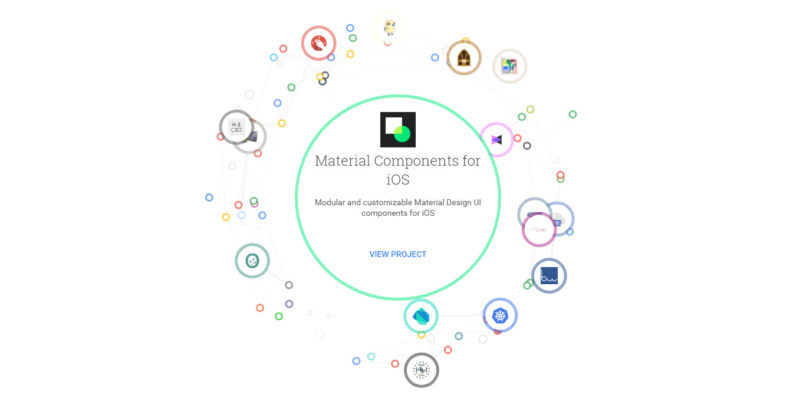Digital diplomacy is no longer a novel phenomenon. In one form or another, digital diplomacy has existed for more than a decade. And yet scholars and practitioners continue to explore the practice and definition of digital diplomacy. During this process, different scholars and MFAs have offered different terms to understand the utilization of digital tools in diplomacy. The Finnish MFA uses the term “diplomacy in the digital age” rather than “digital diplomacy”. The difference between the terms is not just semantic. The term “diplomacy in the digital age” implies that the conduct of diplomacy has remained the same yet diplomacy is now practiced in a new digital environment. Conversely, the term digital diplomacy may suggest that this is a new form of diplomacy all together.

Over the years, Google has not only implemented numerous pieces open source software in its own products and services, but also contributed several tools for people to use in their own projects. That includes things like a JPEG encoder which can reduce file sizes by 35 percent, beautiful usable fonts including Roboto and Noto, and Bazel for testing software builds. It’s now launched a new site that showcases all these efforts. Google Open Source includes a directory of projects that the company has made available to the community, a list of initiatives it runs to engage with programmers, as well…
/https%3A%2F%2Fblueprint-api-production.s3.amazonaws.com%2Fuploads%2Fcard%2Fimage%2F430126%2F72f224a5-108e-402d-9a3e-61e594c65c12.jpg)
It takes only minutes on YouTube to find ads from major brands next to hateful videos promoting extremism and racism.
Though the issue has been longstanding, a global brand boycott of the platform has been gathering steam. It’s now reached Australia, with Telstra and Foxtel swearing off YouTube. At least, for now.

Digital Desolation; Amateurs, Aesthetics and the Aging of Web’s Architecture
The latest INC Longform; Digital Desolation; Amateurs, Aesthetics and the Aging of Web’s Architecture by Tatjana Seitz should come with a disclaimer for 90’s web nostalgia. As historians abandon master narratives and other disciplines deny historical models of explanation, there has never been a more paradoxical topic than the vernacular web and the authenticity of 90’s web pages to revoke a historical narrative.
Discover more from Erkan's Field Diary
Subscribe to get the latest posts sent to your email.